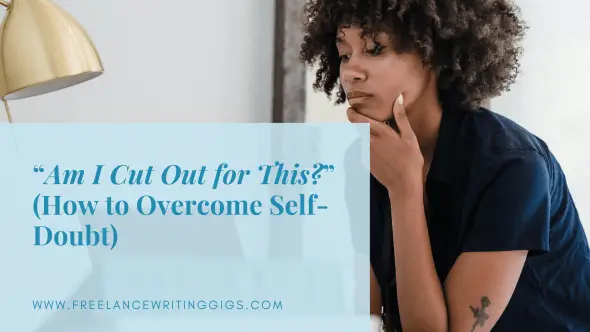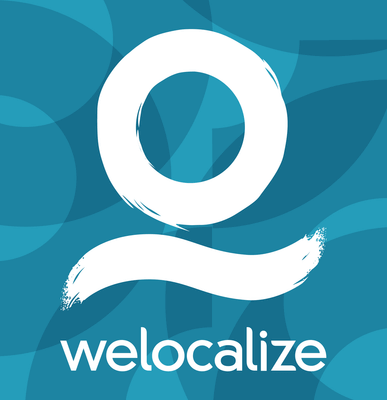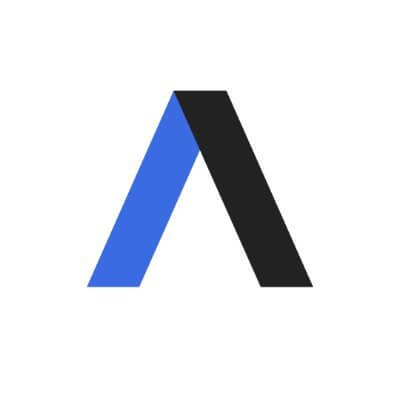was I wrong to use AI, sharing a hotel room when you have panic attacks, and more
It’s four answers to four questions. Here we go… 1. Was I wrong to use AI to create work my designer couldn’t? I work at a small company where we needed to pitch creative work to a client. This means copy (me) and visuals (a designer, Eve). Eve and I get on great and agree […] The post was I wrong to use AI, sharing a hotel room when you have panic attacks, and more appeared first on Ask a Manager.

It’s four answers to four questions. Here we go…
1. Was I wrong to use AI to create work my designer couldn’t?
I work at a small company where we needed to pitch creative work to a client. This means copy (me) and visuals (a designer, Eve). Eve and I get on great and agree on most things. We are the heads of different teams but collaborate often. I have no technical design experience and don’t know how to use design software. We are equals in senior rank, but I have earned more respect and sway than Eve in the company as she is too abrasive.
Eve created two mock-ups for the client. Both looked very dated. There was no big idea or motif to make a cohesive look and feel, just poor design execution and stock images. I had given ideas on how she could bring my copy to life, but none of this was present in her work. On seeing them, a colleague immediately said, “Oh no.”
The client has already said they are underwhelmed by Eve’s work. I felt they would not receive the new work well and might decide to outsource the creative elsewhere.
Eve submitted the mock-ups and immediately went on pre-planned holiday. There were 24 hours until the pitch. Eve’s junior designer has very poor skills and limited time to take on last-minute work. I had some visual ideas that could save the pitch, so I used AI to create two more sets of alternative mock-ups. These had very distinct ideas and clear points of difference. They looked totally different from Eve’s mock-ups. I checked with my boss if breaking the creative process was okay, and he said, “As long as the client is happy.”
When I pitched the mock-ups, I presented them as two different methods: one, created in-house with brand insight and expertise, and the other by AI, to sink or swim fast. I did not diminish Eve’s work and tried to sell it to the client but, honestly, there was little to say about it. The reception of five people to Eve’s work was silence.
The client absolutely loved the AI mock-ups and chose one of them to proceed with. Their only comment on Eve’s work was a question to make sure we weren’t going to be using her approach anywhere. They had no qualms about the use of AI as a method.
Eve will be back from holiday next week and I know she will not be happy to have the mockup process circumnavigated and her work undermined. Was I wrong to go rogue and use AI?
Leaving aside the slew of significant ethical and copyright issues with AI design, were you wrong in a purely workplace sense? I don’t think so, no.
You had a design that you didn’t think would work for the client (correctly so, as it turned out), Eve wasn’t available, no one else could step in, you checked with your boss first, and you were transparent with the client that the images were AI.
The bigger issues are (a) why you have a designer who’s producing poorly executed work that apparently didn’t meet the design brief and that was bad enough that everyone who saw it recognized it as bad, and (b) why her junior designer has “very poor skills.” Maybe (a) was a one-time fluke — everyone has misses — but if this is part of a pattern (and the fact that the client was already underwhelmed by Eve’s work before this says it might be), that’s something someone needs to be looking at more closely.
2. Sharing a hotel room on a work trip — but I have panic attacks
I’m returning to work after a decade of being a full-time stay-at-home mom. I will teaching sixth grade part-time in a religious private school. As part of my training, the school is paying for me and my colleagues (mostly female) to attend a conference in another state. They’re paying for a beautiful hotel as well.
Ordinarily, I wouldn’t have a problem sharing a room with another female colleague, but I have sleeping problems (frequent waking) and occasional panic attacks at night that may be awkward for someone who I work with to witness or give them trouble sleeping too. Do you have any advice for how I should handle this? The prospect of this is causing me significant anxiety. (I am also assuming I’m sharing a room because this hotel is swanky and we are a tiny private school. I can’t imagine they swung for private rooms for each of us!)
Agggh, employers need to stop doing this. People need privacy at the end of the day for so many reasons — some of which are medical, and some are just … privacy. There are also snorers, people with bathroom habits that could be challenging to the other person in the room, people who need to sleep with the lights or TV on, and on and on. Having a private place to sleep should be a baseline for business travel.
In any case, it would be very reasonable to say this: “I have a medical condition that will create a lot of sleep disruption for someone sharing a room with me, so I need to book a single room. It’s absolutely fine if that means I need to book in a less expensive hotel. What’s the best way for me to proceed?”
Related:
I have to share a hotel room with a coworker who screams in her sleep
3. How often should you update a headshot?
I was at an event recently where I saw an insurance agent was one of the sponsors. I told my wife, “Hey, it’s (insurance guy) over there at that booth.” She was surprised, because she’s seen billboards, etc. with his picture on them, and he’s clearly a good 10-15 years older now.
That got me thinking, how often should you update your LinkedIn profile picture, a picture of yourself on a company website or professional organization website, etc.? I recently updated my LinkedIn photo, but my headshot on the website of a professional organization I’m part of has a picture of me from 2017, and I’ve definitely aged since then!
I think, mostly, you just need to be recognizable. If you’ve changed so much in the last decade that someone would be confused when introduced to you, that’s a sign that ideally you’d update your photo. Otherwise, I don’t think it’s a big deal (and frankly, even then, I’m not sure it matters that much, unless you’re in a field where you’re actively incorporating a photo into your sales materials, like real estate agents).
Related:
is it OK to look very different from your online photos?
4. Quitting a job after my manager went to bat to get me a raise
I have a question about leaving a job after negotiating a raise. I’ve been at my position for the past two years, and while the responsibilities have increased significantly, the pay has only gone up slightly every year. The organization I work at is affected by the federal cuts, and we are receiving minimal raises this year. But, I brought up my increase in responsibilities with my manager and she went to bat for me to get a higher raise — still small, but double what was originally the highest amount (think 3% instead of 1.5%).
A few weeks after this, a friend of a friend let me know they were hiring for a position at a new, well-funded organization in an adjacent field. The position is an almost 20% raise, fully remote (vs hybrid), with excellent benefits and is a perfect fit for my background. I met with the recruiter and it went well; I am one of only three candidates they are advancing through the interview process.
Obviously I haven’t gotten a job offer yet, but if I did, is it possible to leave without burning bridges with my current manager after she really fought for an additional raise for me? I have a great working relationship with her and would love to stay professionally connected, there’s just not a lot of job advancement in my current role and I’m worried about future layoffs. There’s also a chance that if I get the position we could be working together in the future – let’s say that my current organization does teapot research and development, and the organization I’m applying to provides grants and awards to organizations who do teapot research and development. If it makes a difference, the raise has not gone into effect and will not for a few months.
Your boss might feel disappointed that you’re leaving after she went to bat for you to get a higher raise, but a reasonable manager won’t be angry or very upset — particularly given that the raise isn’t especially large, and the new position sounds far too good to pass up (which is something you can explain).
And she might even see the benefits of having an inside contact at an organization that gives grants and awards to the type of organization she’ll still be at.
The post was I wrong to use AI, sharing a hotel room when you have panic attacks, and more appeared first on Ask a Manager.




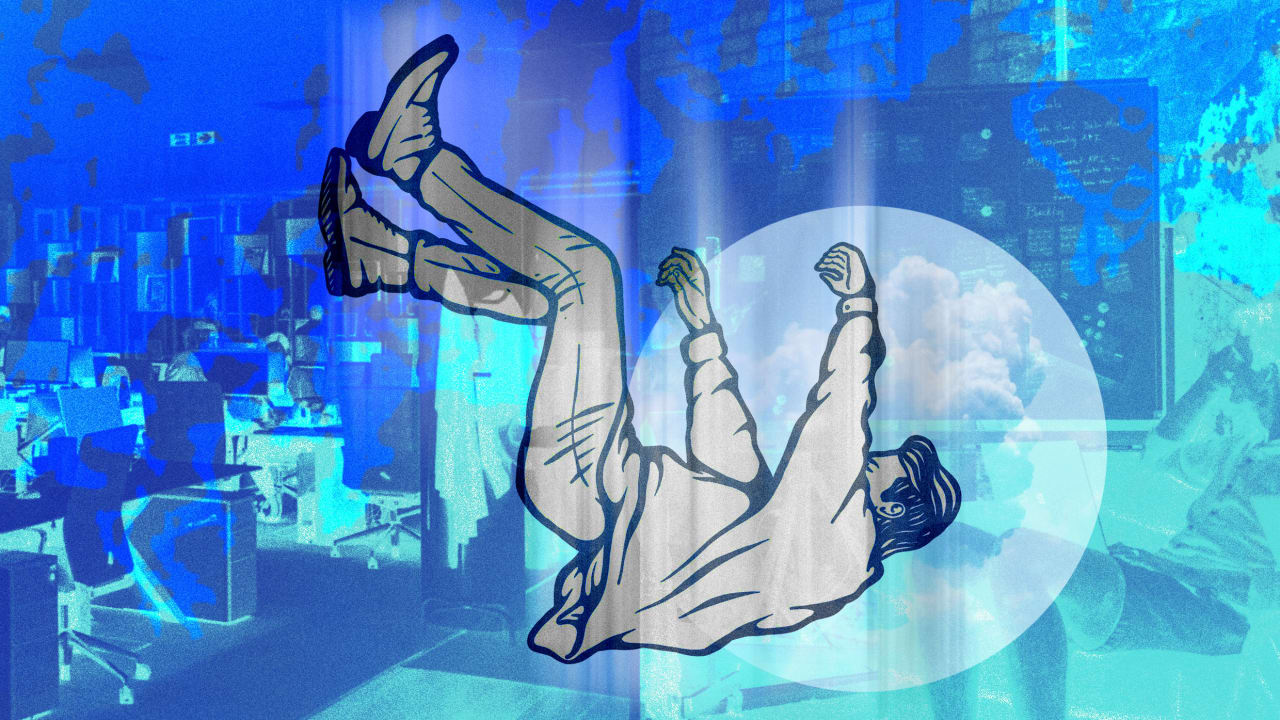

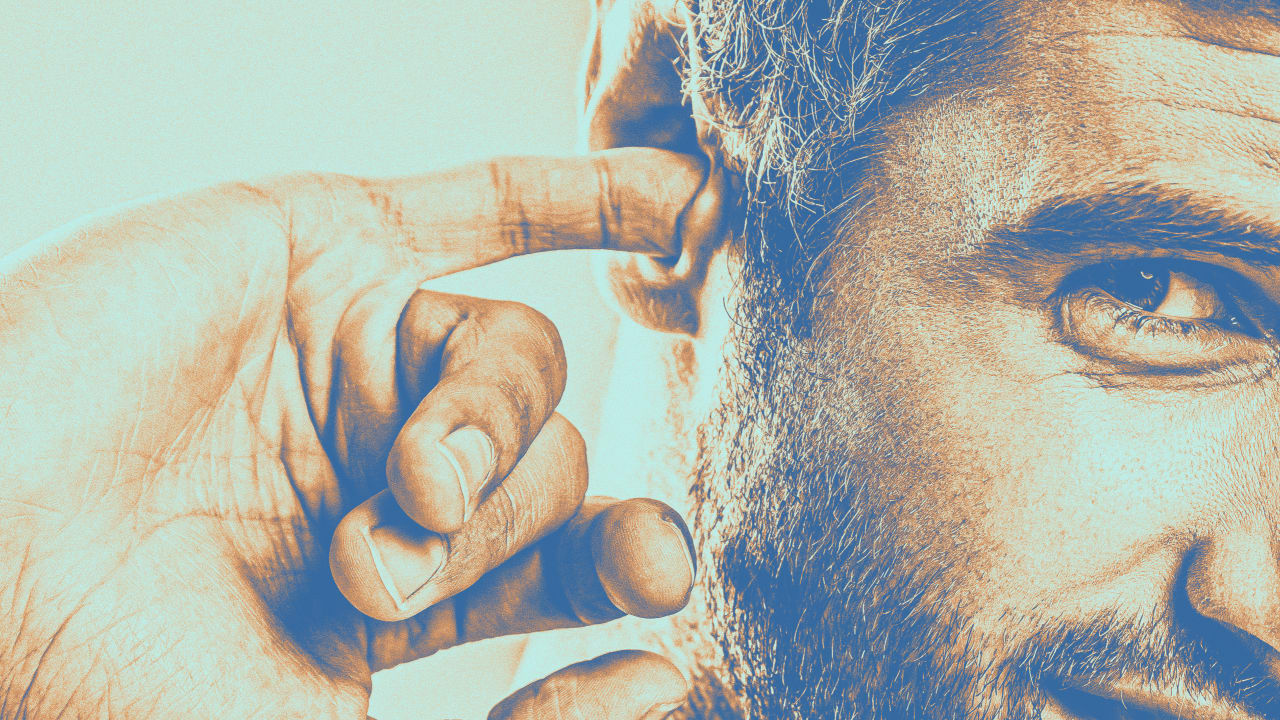
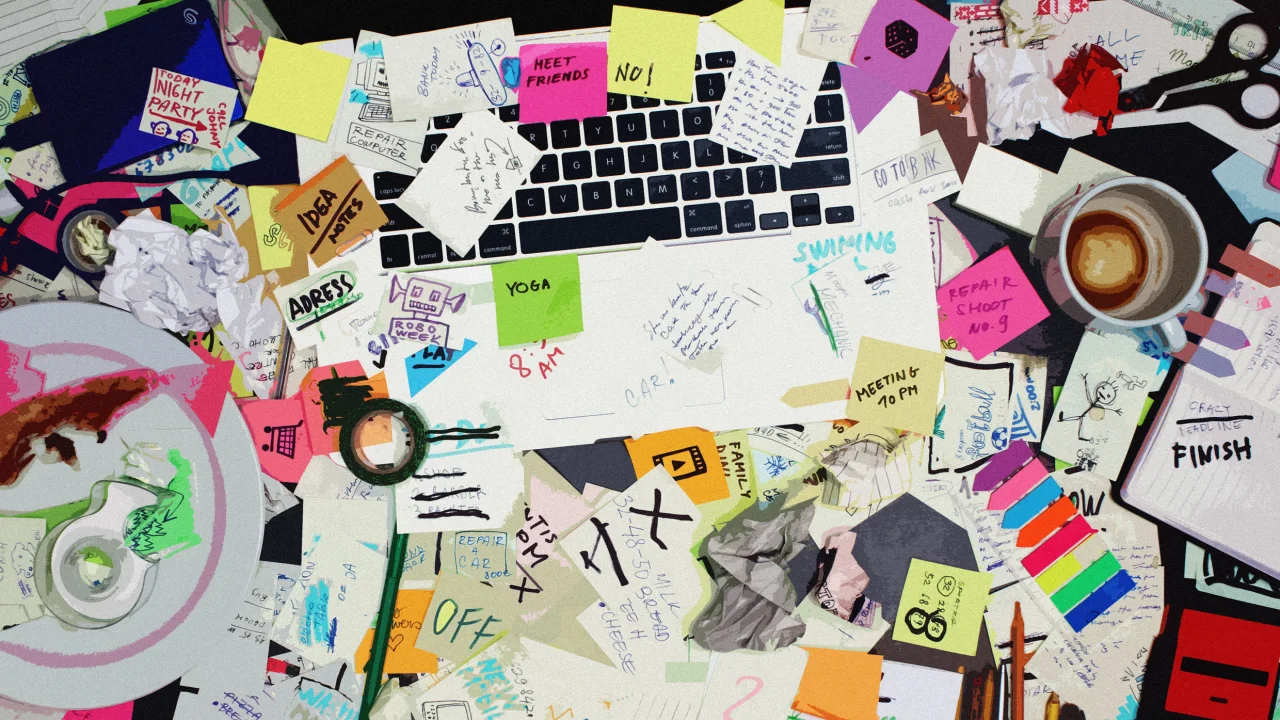




















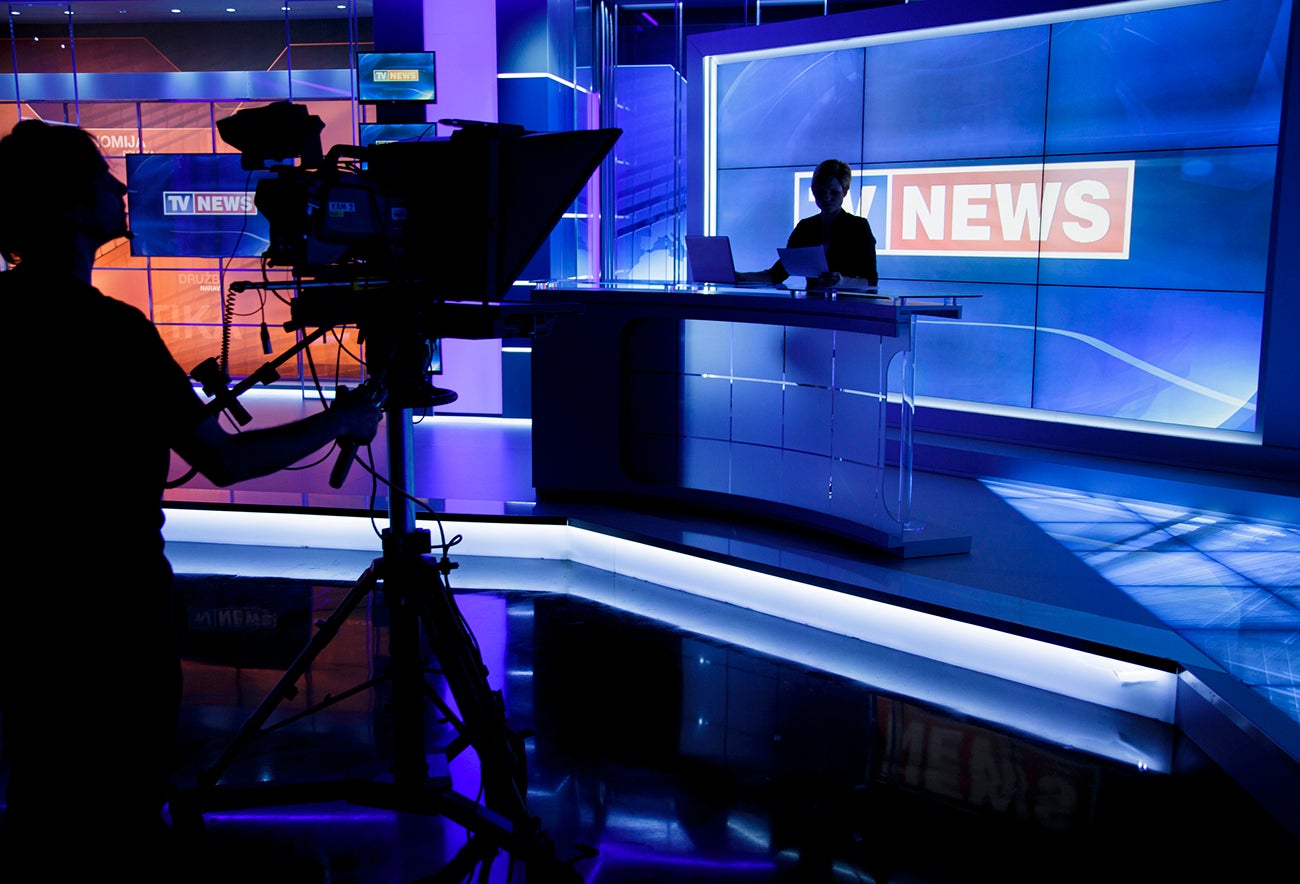




































![https //g.co/recover for help [1-866-719-1006]](https://newsquo.com/uploads/images/202506/image_430x256_684949454da3e.jpg)














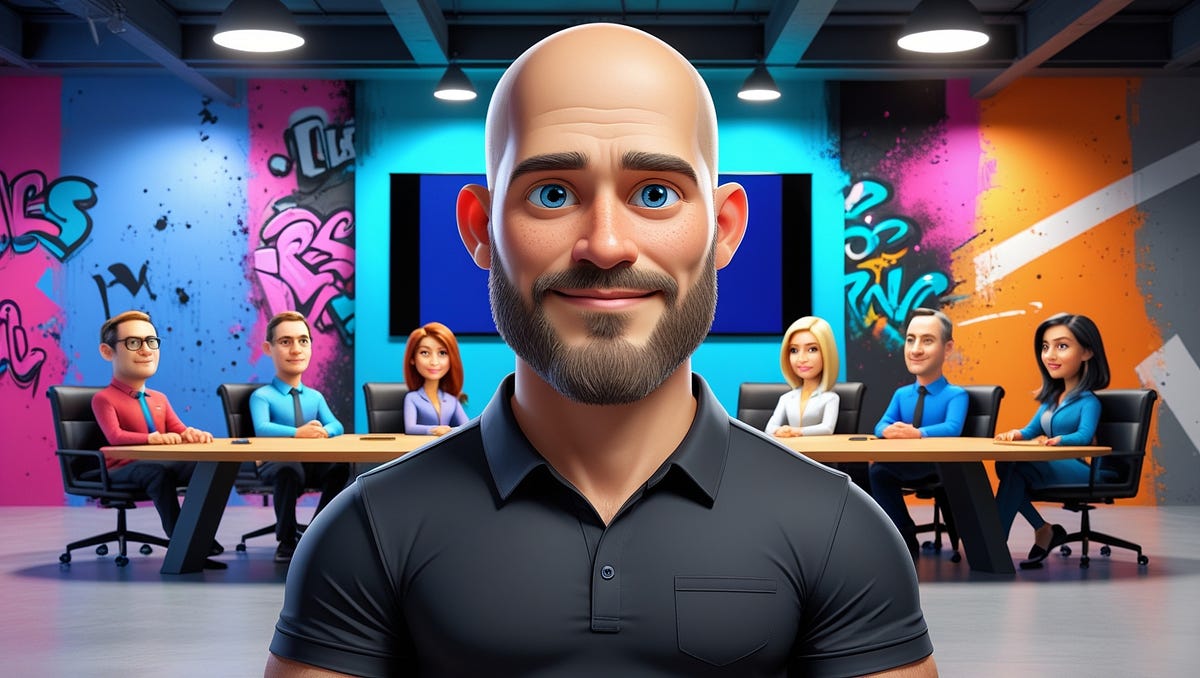
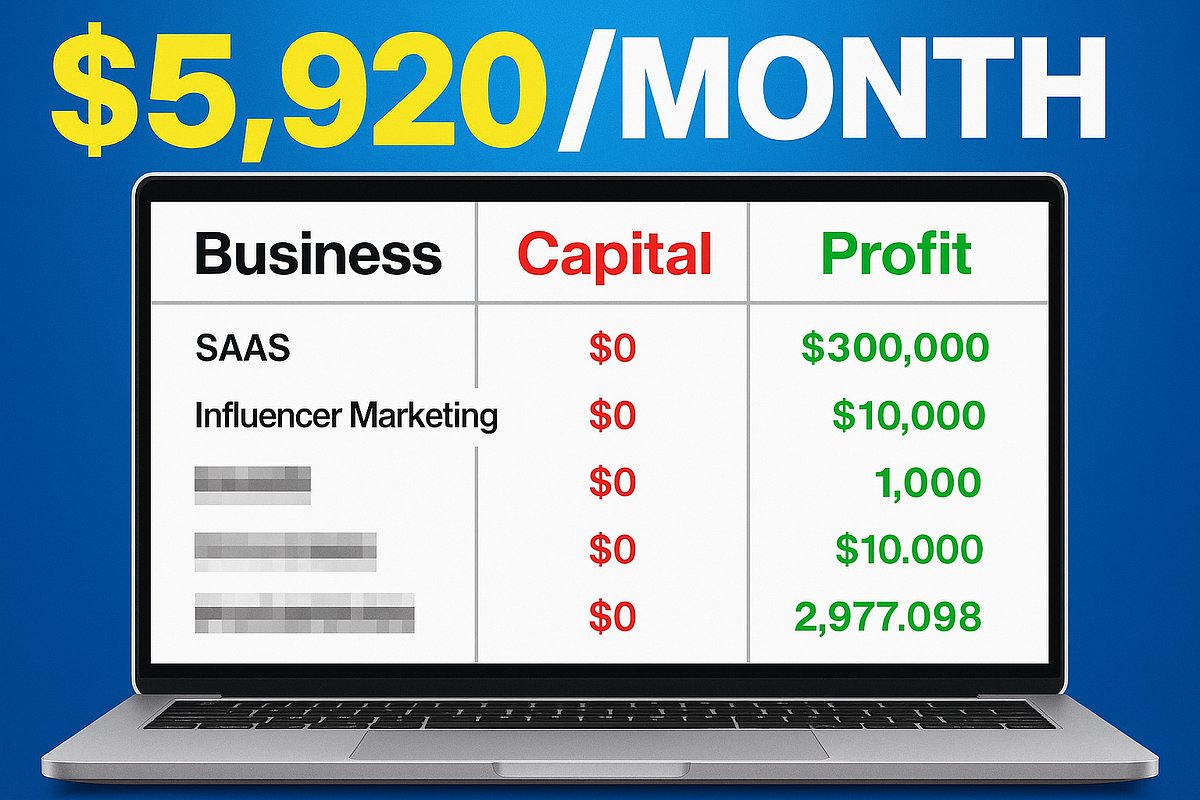










![How Smart PMs Scale Their Careers in Any Org [TPG Live Recap]](https://tpgblog.com/wp-content/uploads/2025/06/2025-06-12-thumbnail-action.png?#)

























